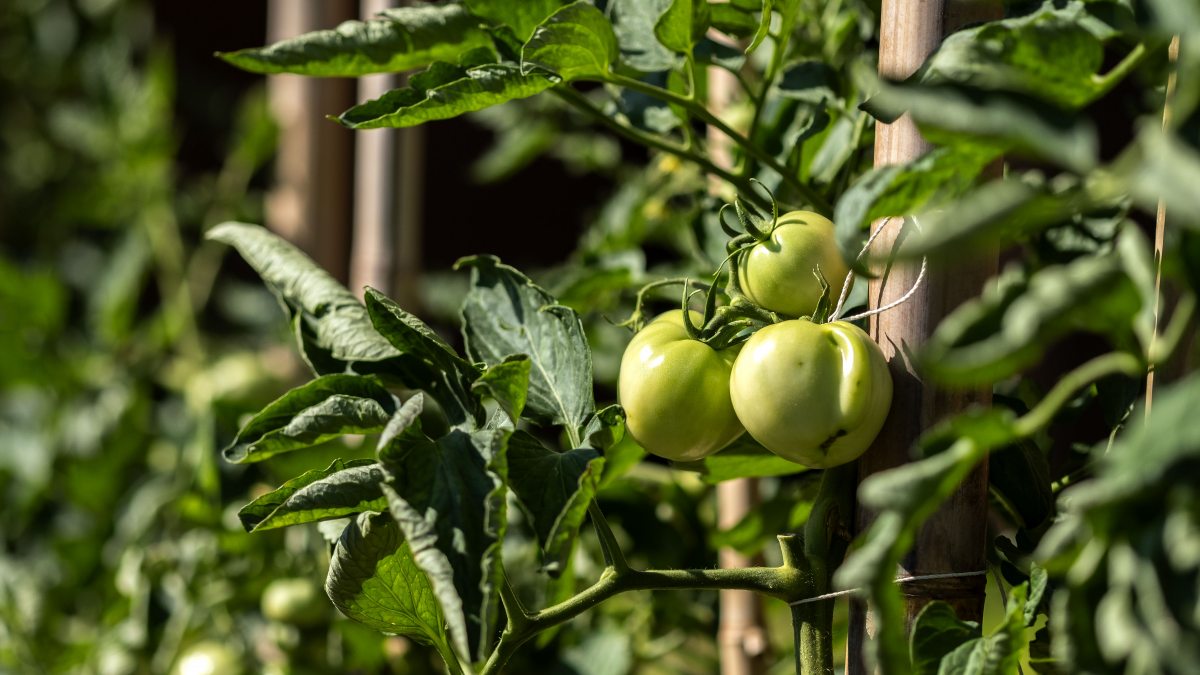Food for All Partnership addresses COVID-19 impact on food systems
The interdisciplinary partnership brainstormed potential responses to the challenges facing restaurants and those experiencing food insecurity.

UNC-Chapel Hill’s Food for All Partnership convened an urgent virtual meeting on March 18 to discuss the impact of COVID-19 on food systems in North Carolina — and to brainstorm potential responses.
The partnership is an interdisciplinary committee of academic and community members who meet regularly about food-related efforts on campus and in the surrounding community. The Food for All Partnership is an extension of the University-wide theme “Food for All: Local and Global Perspectives” (2015-2018), now coordinated by the Center for Health Promotion and Disease Prevention. Alice Ammerman directs the center and is the Mildred Kaufman Distinguished Professor of nutrition at the UNC Gillings School of Global Public Health.
Attendees at the meeting included faculty from the School of Government, Kenan-Flagler Business School, the Global Food Research Program, and the Departments of Nutrition, Geography and Anthropology, along with students from the nutrition department, School of Medicine and public policy program. Also attending were representatives from Edible Campus UNC and the Carolina Community Garden, local restaurants and No Kid Hungry North Carolina.
The Center for Health Promotion and Disease Prevention No Kid Hungry N.C. team shared a web-based tool that communicates where meals are available for students, since all schools statewide currently are closed due to COVID-19. Many students depend on school meals as their primary source of food, so the summer food service program at the Department of Public Instruction is now providing meals across the state. No Kid Hungry N.C. is joining with state agency leaders to support school districts and community partners who are working together to deliver meals to students.
Andrea Reusing, the chef and owner of Lantern Restaurant in Chapel Hill, discussed the challenges facing the restaurant industry given North Carolina’s ongoing executive order to close all restaurants to dine-in customers. Attendees discussed alternative ways of using dormant restaurant kitchens while maintaining employment for some restaurant workers, such as producing meals for those who are struggling to access food.
The group also considered policies related to food safety at food banks/pantries and farmers’ markets and investigated possible supports for keeping these venues open and safe. Sarah Blacklin of N.C. Choices shared an online sales platform called MeatSuite, which lists local meat producers looking for alternative ways to connect with customers. The platform was launched ahead of schedule in response to COVID-19.
The Food for All Partnership will continue holding virtual meetings as a way for academic and community partners to support efforts to provide healthy food to everyone who needs it during the COVID-19 pandemic.
To access an additional resource for farmers’ markets, see the COVID-19 Farmers Market Advocacy Toolkit, assembled by the Carolina Farm Stewardship Association.




